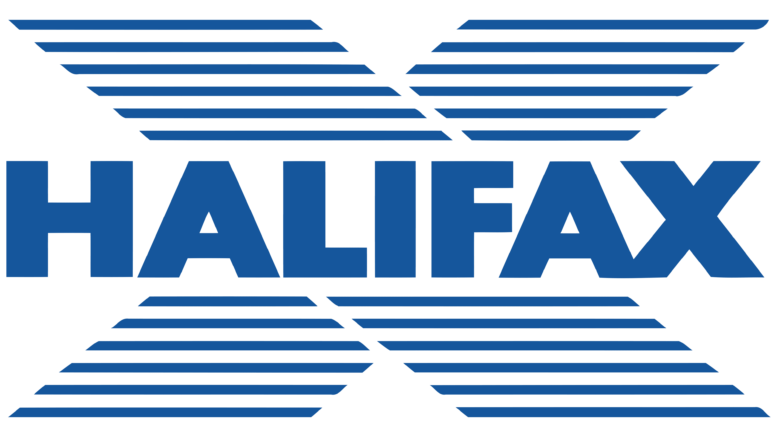Economic worries have not dented the housing market, where prices have continued their upwards surge.
This is the conclusion of Halifax based on its latest monthly survey, showing that house prices increased by 1.8 per cent in June – putting the current annual rate of increase at 13 per cent.
The market had defied any expectations with the biggest monthly rise since early 2007, said Halifax managing director Russell Galley.
‘This means house prices have now risen every month over the last year, and are up by 6.8 per cent or £18,849 in cash terms, so far in 2022.
‘The supply-demand imbalance continues to be the reason house prices are rising so sharply. Demand is still strong – though activity levels have slowed to be in line with pre-Covid averages – while the stock of available properties for sale remains extremely low’.
So far property prices appear to have been largely insulated from the cost-of-living squeeze, said Galley. ‘This is partly because, right now, the rise in the cost of living is being felt most by people on lower incomes, who are typically less active in buying and selling houses. In contrast, higher earners are likely to be able to use extra funds saved during the pandemic, with latest industry data showing that mortgage lending has increased by the highest amount since last September.
‘Of course, the housing market will not remain immune from the challenging economic environment. But for now it continues to demonstrate – as it has done over the last couple of years – the unique combination of factors impacting prices. One of these remains the huge shift in demand towards bigger properties, with average prices for detached houses rising by almost twice the rate of flats over the past year.
‘In time though, increased pressure on household budgets from inflation and higher interest rates should weigh more heavily on the housing market, given the impact this has on affordability.
‘Our latest research found that the strong rise in property prices over the last two years, coupled with much slower wage growth, has already pushed the house price to income ratio up to a record level. So while it may come later than previously anticipated, a slowing of house price growth should still be expected in the months ahead’.
Northern Ireland was again found to be the region with the fastest rate of house price growth – an annual rate of 15.2 per cent.
Wales also continued to record a strong rate of growth, with an average annual rise of 14.3 per cent, while the South West saw the highest annual house price growth of any region in England – at 14.2 per cent.
The Halifax June results are slightly at odds with those of the Nationwide. It found more ‘modest’ annual house price growth last month – at 10.7 per cent it was down on the 11.2 per cent in May.
‘There are tentative signs of a slowdown’, suggested Nationwide chief economist Robert Gardner.
The number of mortgages approvals had been falling back while surveyors had reported some softening in new buyer enquiries, he said. ‘Nevertheless, the housing market has retained a surprising amount of momentum given the mounting pressure on household budgets from high inflation, which has already driven consumer confidence to a record low’.








